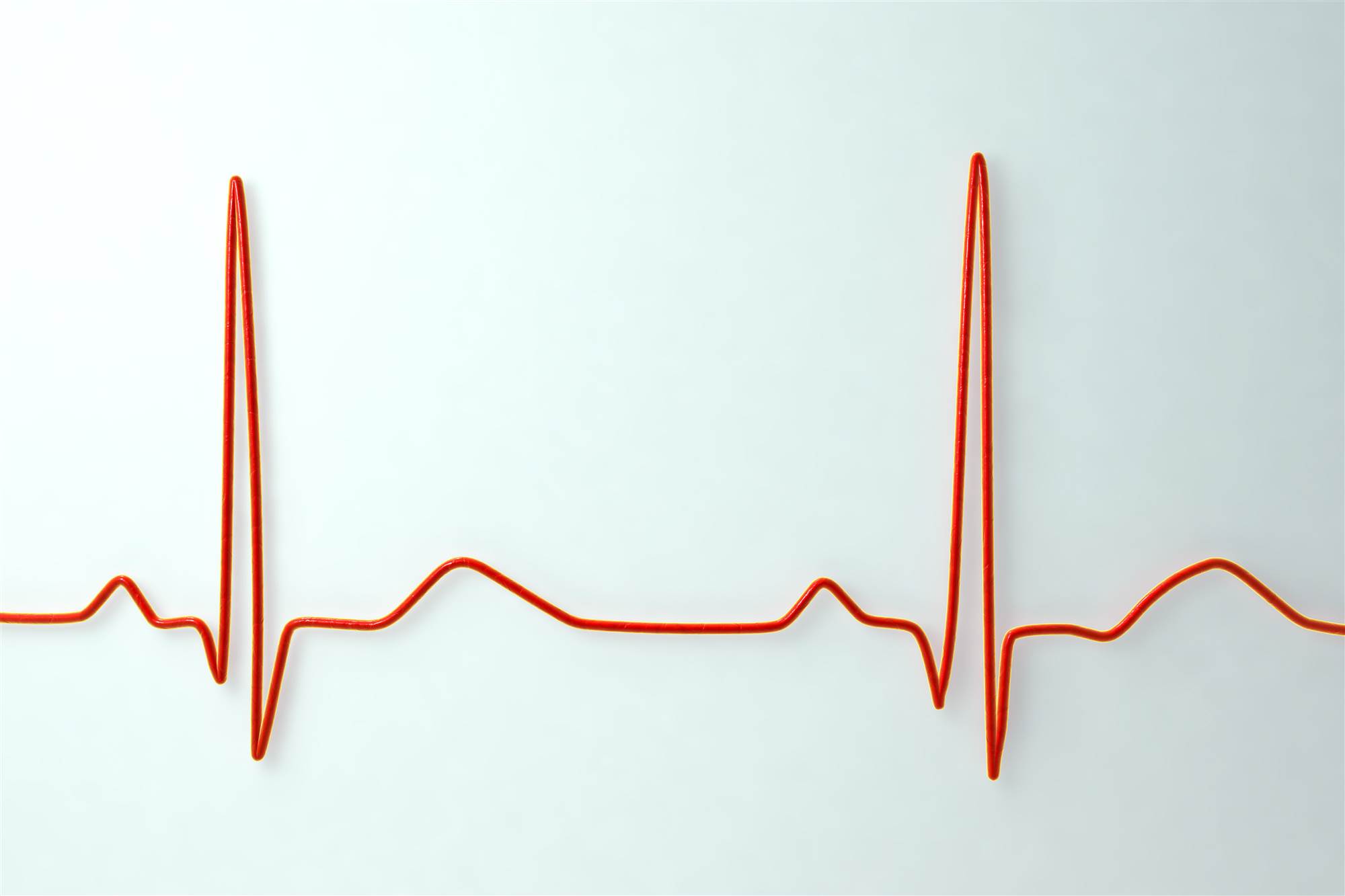Your thyroid is one of the most influential organs in your body. The butterfly-shaped gland in your neck produces hormones that regulate metabolism - how your cells convert nutrients into and use energ y- and ultimately keeps all the systems in your body in line and functioning properly. If your thyroid levels are off - either overactive and releasing too many hormones or underactive and releasing too few hormones - it can lead to a host of symptoms. But thyroid problems can be tricky to spot, which is why up to 60 percent of those with thyroid disease aren't aware of their condition.
“It can be challenging to diagnose because no two people have the same two sets of symptoms,” says endocrinologist Dr Anne Cappola.
“You can have two people with the same degree of thyroid hormone abnormality, but their symptoms are completely different.” In other words, there is no one telltale sign or signs that your thyroid is out of whack. So if you're concerned, it's always best to talk to your doctor. “Your doctor will do a physical exam, evaluating the thyroid gland and the body for symptoms related to thyroid dysfunction. Blood tests to check thyroid hormone levels can be performed as well,” says endocrinologist Dr Deena Adimoolam. With that said, here are 10 warning signs to look out for.










eggeeggjiew ©Getty Images
Your weight changes drastically
We all have our ups and downs on the scale and that’s normal. But if you notice significant weight loss or gain, you might want to see your doctor.
“Metabolism is the most widely known effect of thyroid hormone,” says Dr Cappola. “Too much hormone can speed it up and you lose weight.”
But Dr Cappola notes that an overactive thyroid can put your body in a catabolic state, leading to muscle loss. “There’s a misconception that it would be a great way to lose weight, but you’re not selectively losing fat,” she explains. The same happens with an underactive thyroid: Your metabolism slows down, and you can gain weight because your body needs less energy. Low thyroid levels tells your body to hold on to kilojoules.
eggeeggjiew ©Getty Images
You're losing your hair
And you're not just shedding a few strands in the shower but have noticeable amounts of hair loss. One 2014 study from Australasian Journal of Dermatology suggests that alopecia areata - a condition where your hair falls out in round patches - is linked to thyroid problems. Of the 78 patients in the study, 24 percent had abnormal thyroid function, which is significantly higher than the rate of thyroid disfunction in the general population.
“Changes in thyroid hormone status can affect even your hair follicles,” says Dr Cappola, influencing hair growth. Too much or too little thyroid hormone can make your hair follicles freak out, resulting in hair loss. But it’s not permanent. “It will grow back once things are normalised,” says Dr Cappola.
eggeeggjiew ©Getty Images
Your bowel movements change
If you’re backed up or running to the bathroom more often than usual, you might think it’s food poisoning or you haven’t been eating enough veggies. While you probably don’t automatically associate gut problems with your thyroid, those influential hormones may be at play here too, either slowing down or speeding up your digestive tract. Too little thyroid hormone might result in constipation while too much thyroid hormone can lead to diarrhoea, says Dr Adimoolam.
eggeeggjiew ©Getty Images
You're having heart palpitations
Yes, your heart has thyroid receptors too. An overactive thyroid hormone revs up your system including your heart. “When you have too much thyroid hormone, it affects the heart and one might experience symptoms of palpitations or a fast heart rate,” says Dr Adimoolam. Dr Cappola says you may also feel jittery or have hot flushes too.
eggeeggjiew ©Getty Images
Your blood pressure is out of range
Similarly, thyroid hormones can also play games with your blood pressure. Too much can send your BP through the roof while too little hormones can result in a slow, sluggish reading.
eggeeggjiew ©Getty Images
You're feeling blue or anxious
“Underactive thyroid can overlap with depression,” says Dr Cappola. Since too little thyroid hormone causes your body’s systems to slow down, it can bring on symptoms of depression.
A study from BMC Psychiatry suggests that thyroid autoimmunity is linked to an anxiety or mood disorder. Doctors aren’t exactly sure why, but studies seem to suggest that thyroid hormones can affect serotonin levels - your brain’s feel-good chemical. On the flip side, an overactive thyroid and systems raring to go can lead to symptoms of anxiety.
eggeeggjiew ©Getty Images
You're completely exhausted
We all get tired, but when your thyroid malfunctions and pumps out too few hormones, it can feel like you’re in constant need of a nap. That’s because the thyroid hormone influences energy balance in your entire body. A 2012 study published in the European Journal of Endocrinology found that individuals with hypothyroidism (aka an underactive thyroid) experienced higher levels of physical and mental fatigue, lower motivation levels, and reduced activity.
eggeeggjiew ©Getty Images
You're experiencing bone loss
While most of us start to lose bone density with age, an overactive thyroid can accelerate the process. Since too much thyroid throws your body into a catabolic state, where it’s in breakdown mode, it can weaken your bones too, increasing your risk for osteoporosis.
eggeeggjiew ©Getty Images
You have brain fog
We’ve all been there: misplacing our keys or forgetting the name of someone in the office. While some of this forgetfulness can be chalked up to age, it turns out that your brain isn’t immune to your thyroid’s influence. When your thyroid hormone levels are low, it can affect your ability to concentrate and to remember things.
eggeeggjiew ©Getty Images
Your periods are irregular
Your thyroid also affects the activity of other hormones in the body, including reproductive hormones. This could lead to irregular periods as well as heavy or light periods. In some cases, women may lose their periods or struggle with infertility.






.png&h=193&w=250&c=1&s=1)
.png&h=193&w=250&c=1&s=1)

